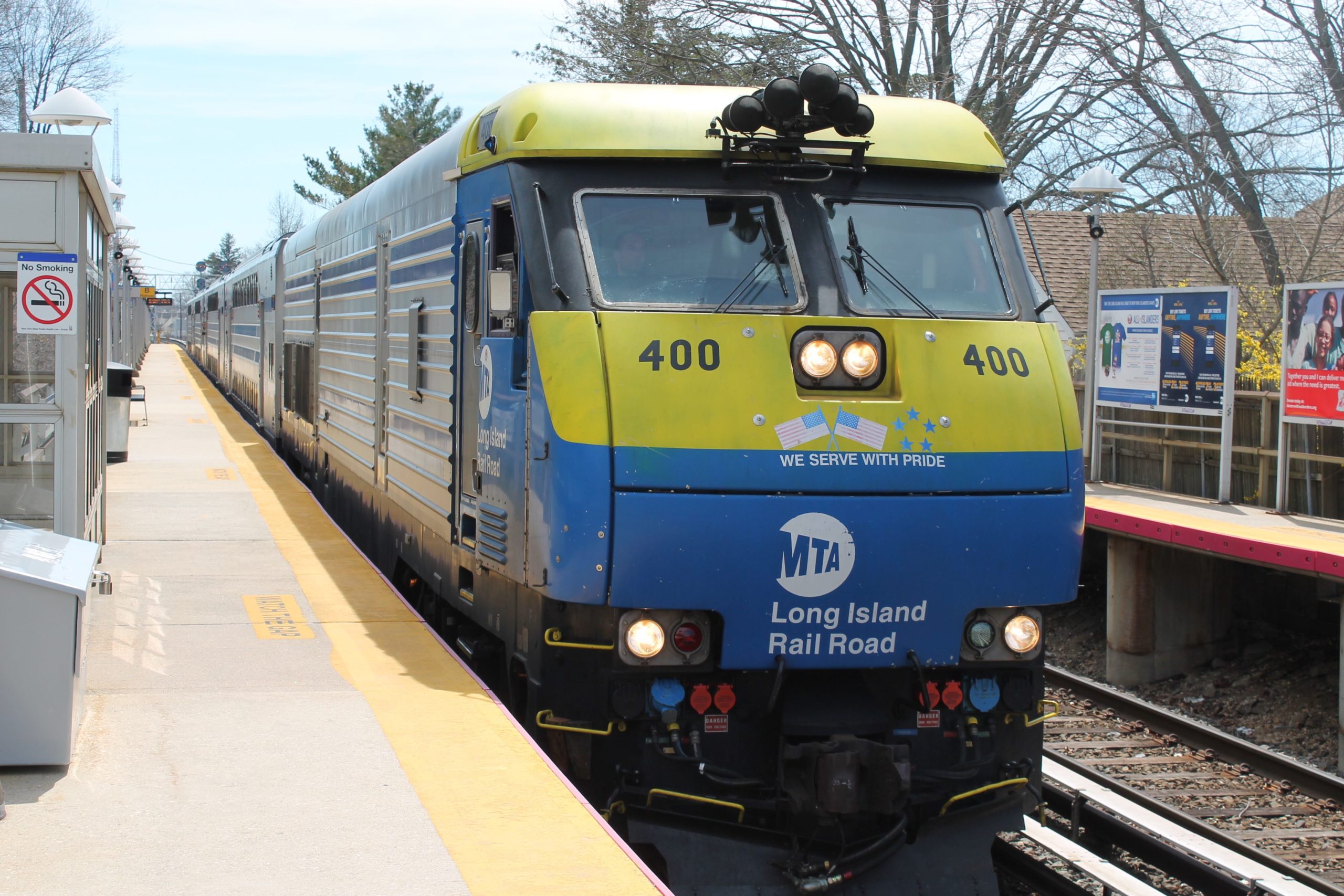The Metropolitan Transportation Authority should focus on controlling escalating payroll costs, a new report from the fiscal watchdog Citizens Budget Commission suggests, to help deal with ongoing deficits.
The late April report, entitled “Reform at the Bargaining Table,” comes on the heels of other reports showing that overtime costs played a considerable roll in raising payroll costs by more than 6 percent from 2017 to 2018. MTA Chairman and CEO Patrick Foye has since called for a probe into overtime payouts.
It also comes as the MTA, which runs the Long Island Rail Road, buses and subways, implements fare hikes and congestion pricing to help pay for infrastructure upgrades and address budgetary shortfalls. The agency’s latest four-year financial plan expects annual cash deficits to grow from $68 million to $976 million, according to the report.
“With new revenue streams secured in the recent legislative session to support the capital program, the MTA should focus on controlling operating costs,” the nonprofit group’s report suggests. “Paramount in this effort is slowing the growth of labor costs, which in 2019 are expected to surpass $10 billion, or nearly three-fifths of the MTA’s operating budget.”
The report says that forgoing raises could save $950 million over the course of the current financial plan, which ends in 2022. But new union contracts could allow for wage increases provided the cost is offset, the report goes on to say, by increasing employee contributions to fringe benefit costs.
If the MTA were to increase the health-care contribution rate of unionized workers from 2 percent to 18 percent, which is what nonunion workers give, it could lead to savings of $97 million.
The report recommends supporting state legislation that would increase how much workers must put into their pensions. This cannot be done through contract negotiations and would only apply to future employees, the report says, but would be a “long term” benefit.
Additionally, the report says there is room for boosting productivity so maintenance hours could be reduced.
“Wage increases are not precluded, but any agreement should include savings from productivity improvements or contributions to benefit costs to offset the costs of wage increases,” the report suggests. “As a major authority stakeholder, the MTA’s workers should cooperate in helping it achieve a viable fiscal future.”
MTA spokesman Maxwell Young described the report as significant and said all cost-saving proposals must be considered when annual cash deficits are rising.
“This is an important report that comes at a time of extraordinary financial difficulty for our agency, and is a public service on the part of the Citizens Budget Committee,” Young said. “We need to address these financial challenges and all options must be on the table.”



